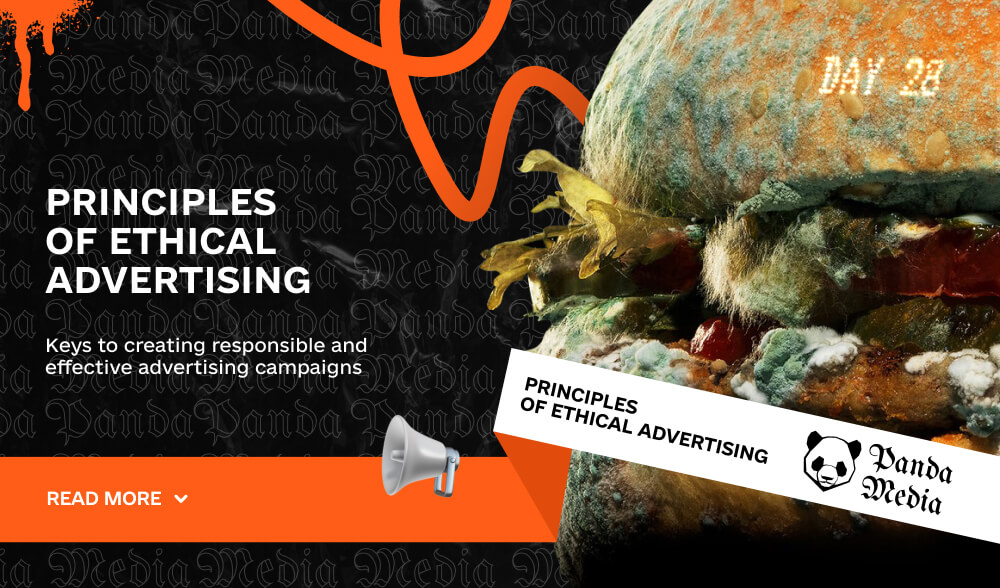Don't miss interesting news

Advertising campaigns are an important part of the modern world, promoting the sale of various products and services. However, such campaigns should not only be effective but also comply with high ethical standards. In this article, we will highlight how to develop ethical advertising campaigns and how advertising agents can implement thoughtful, responsible strategies.
Advertising ethics refers to a set of norms and standards that are put forward to advertisers when developing and distributing advertising materials. The main principles include truthfulness, accuracy of the information provided, confidentiality, and consumer protection.
The most important requirements for advertising materials are their truthfulness and provision of accurate information. Advertising messages must be realistic and not misleading. Advertisers are prohibited from offering more than they can fulfill, and accuracy in the presentation of facts is required.

For example, Volkswagen faced criticism after it was revealed that it used special software to distort the results of emissions tests, which seriously undermined its reputation and led to significant negative consequences.
One of the key ethical aspects of advertising is the protection of confidentiality. Advertising agencies are not allowed to process the private data of clients, including names, addresses, email addresses, and contact numbers without permission.

For example, Cambridge Analytica was accused of misusing Facebook user information in the 2016 US presidential election.
An important ethical standard in advertising is also the observance of customer rights. It is important that advertising messages do not contain insults, humiliate people, or violate their rights.
Marketing professionals are obliged to respect the rights of clients to personal integrity, security, and protection from all forms of discrimination.

For example, the H&M brand has faced criticism for advertising that was perceived as a manifestation of racism.
The process of creating an ethical advertising campaign includes several aspects:
Advertisers should demonstrate responsibility by realizing the social impact of their advertising campaigns. Understanding the impact of advertising on society and nature will help to create more ethical and conscious advertising messages.
Ethically-oriented advertising is becoming a fundamental aspect of the success of any marketing campaign.
Advertising professionals are required to choose appropriate language and visuals, respect the privacy and rights of clients, and comply with legal requirements. They need to make informed decisions, taking into account the consequences of their actions for consumers and society as a whole.
The desire to design advertising that not only effectively influences the audience, but also complies with high ethical principles is extremely important for maintaining business reputation and public trust. Advertisers focused on ethics in their activities often enjoy great respect and trust from customers, which helps to strengthen loyalty and increase sales.
After all, creating ethical advertising is not just a moral decision, but also a legal necessity. Advertisers who ignore ethical standards risk facing significant negative consequences.